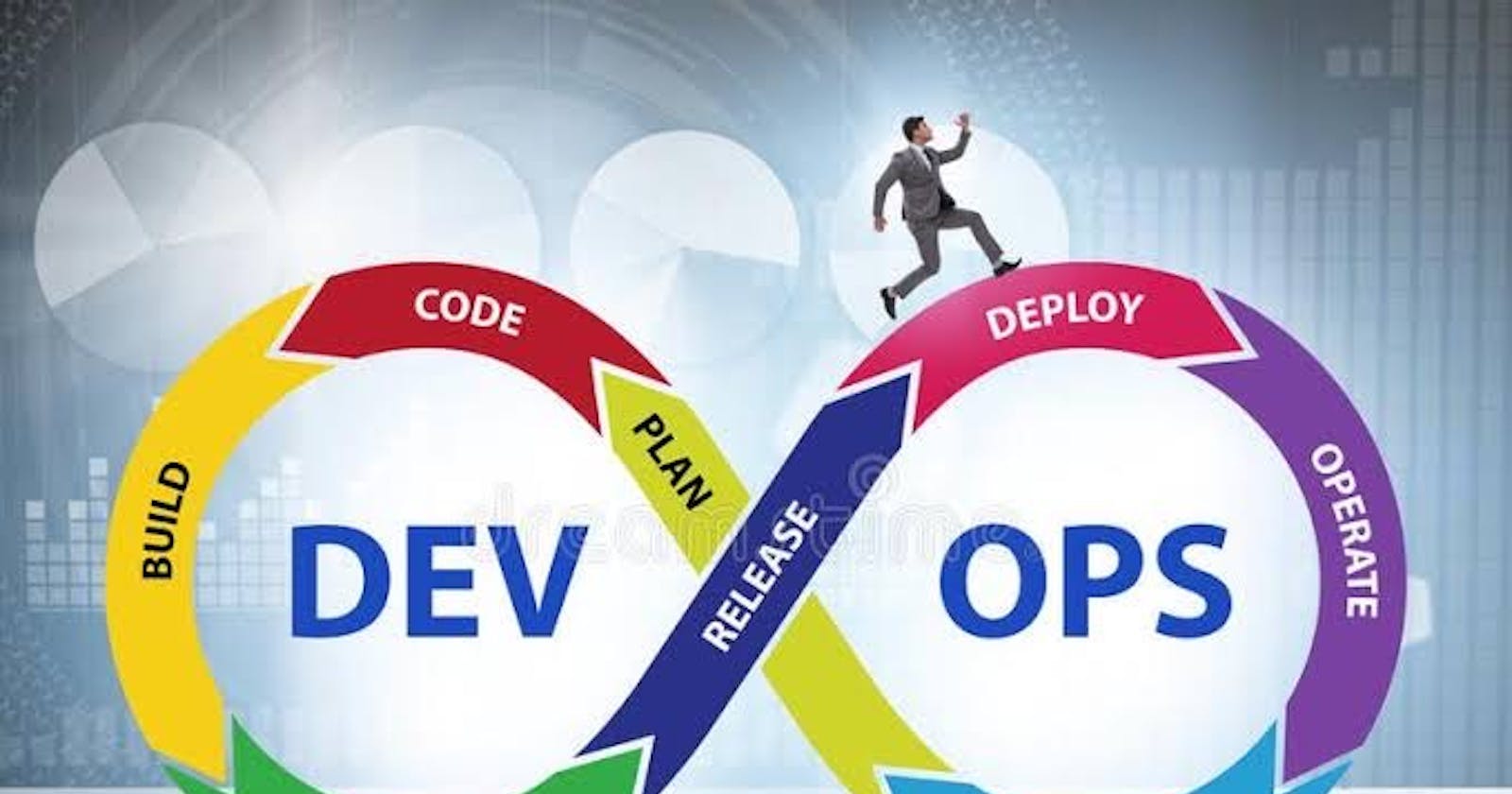Before diving into DevOps methodologies, it's important to have a strong foundation in a variety of technical skills. In this blog, we'll explore some of the key prerequisites for learning DevOps, including proficiency in Linux, networking, databases, and programming languages, as well as familiarity with various tools used for CI/CD implementation.
Linux: As a core component of most DevOps environments, Linux proficiency is a must-have skill for any DevOps engineer. Linux is widely used for hosting applications, running scripts, and managing infrastructure, so having a solid understanding of its command-line interface, file system structure, and package management is crucial.
Networking: A good understanding of networking concepts such as IP addresses, DNS, routing, and firewalls is essential for DevOps engineers who need to manage networked infrastructure. This knowledge helps in troubleshooting connectivity issues, implementing secure connections, and optimizing network performance.
Databases: DevOps teams frequently use databases to store and retrieve data, so it's important to be comfortable with database technologies such as SQL, NoSQL, and data warehousing. Proficiency in database administration, tuning, and optimization is also important for ensuring that applications are running smoothly.
Programming Languages: DevOps engineers should be proficient in at least one programming language such as Bash, Python, or PowerShell to create scripts and automation tools. They should also be familiar with version control systems such as Git to manage and track code changes.
CI/CD Tools: DevOps engineers use various tools to automate the software development lifecycle, including continuous integration and continuous delivery tools such as Jenkins, Nexus, and GitHub. They also use code editors such as Visual Studio and IntelliJ, and database management tools such as Toad.
In addition to these technical skills, DevOps engineers should also have a good understanding of Agile methodologies and DevOps principles. They should be comfortable with collaboration, communication, and teamwork, and should be able to work effectively in a fast-paced, dynamic environment.
In conclusion, while learning DevOps methodologies, it's important to have a strong foundation in a variety of technical skills. These skills include proficiency in Linux, networking, databases, and programming languages, as well as familiarity with various tools used for CI/CD implementation. By developing these skills, DevOps engineers can build effective automation systems and create streamlined, efficient software development workflows.
